Archives
-
CSR and Circular Economy as a remedy for companies fighting systemic crises
Vol. 1 No. 3 (2020)Dear Colleagues,
Below the first special issue on "CSR and Circular Economy as a remedy for companies fighting systemic crises".
The Editor-in-Chief is grateful with the special guests:- Prof. Sonia Quarchioni;
- Prof. Sergio Paternostro;
- Prof. Silvana Secinaro
for their valuable effort in conducting this special number.
Prof. Paolo Pietro Biancone
Editor-in-Chief
In a period when companies have to deal with the adverse effects of the COVID-19 pandemic (Koonin, 2020; McKibbin & Fernando, 2020), the questions arise as to how Corporate Social Responsibility (CSR) can be a way out and a possibility for development and competitiveness in case of systemic crises (Hadj, 2020; Marín, Rubio, & de Maya, 2012; Vilanova, Lozano, & Arenas, 2009). This issue can be explored through three main research streams along the temporal dimension related to a potential crisis: ex-ante behaviours, in itinere behaviours, ex-post behaviours.
The first stream of research aims to investigate the companies’ abilities to cope with the impact of a systemic crisis while stressing their capacity of resilience. In this vein, attention should be paid to the effectiveness of risk management systems for responding appropriately to the crisis. Such effectiveness is influenced by difficulties in managing risks which are increasingly systemic in nature due to the strong interconnections between companies and society (Quarchioni e Trovarelli, 2013). Along these lines, one could explore whether and how CSR and/or the circular economy can help companies avoid systemic crises’ effects by acting upon their capacity to understand risk interdependencies, as well as to withstand external shocks.
The second stream of research aims to investigate how socially responsible behaviours can be useful to alleviate the crisis’ effects (such as the crisis from COVID-19) at least in the short period. In this perspective, companies can enhance virtuous behaviours towards both employees and customers (e.g. smart working for employees, contactless relationships with customers, etc.); they can undertake philanthropic projects (e.g. donations to hospitals, provision of essential medical supplies, etc.); they can promote specific business initiatives deemed as strategic in relation to the crisis (e.g. productive reconversion, production of essential goods, facilitated access to services, etc.).
Finally, the third stream of research is focused on business ethics and sustainable development on which the current crisis is once again shining a light. Specifically, more insights are needed to understand to which extent this crisis can affect companies’ implementation of CSR policies, actions, and tools, both in the positive and negative sense (Lamond et al., 2010; Kim & Li, 2014; Tencati, Perrini, & Pogutz, 2004; Yoon, Gürhan-Canli, & Schwarz, 2006). In this vein, studies could investigate possible organizational changes which could derive from the systemic crisis more or less directly. For instance, the current situation could push companies to rethink (and even radically change) their business models towards social responsibility and sustainable circular economy, thereby producing effects on the long term. In contrast, the current crisis could reinforce some negative effects such as those produced by decreasing ‘real’ interactivity. More generally, companies could suffer the crisis rather than picking emerging opportunities.
In this regard, several topics can be identified that highlight the link between CSR and the crisis in the first place, and then the circular economy and the crisis. Addressing these topics can make the circular economy an opportunity in times of crisis and give rise to further research according to the above-mentioned streams.
References:
Hadj, T. B. (2020). Effects of corporate social responsibility towards stakeholders and environmental management on responsible innovation and competitiveness. Journal of Cleaner Production, 250, 119490.
Kim, Y., Li, H., & Li, S. (2014). Corporate social responsibility and stock price crash risk. Journal of Banking & Finance, 43, 1-13.
Lamond, D., Dwyer, R., Gallego‐Álvarez, I., Prado‐Lorenzo, J. M., Rodríguez‐Domínguez, L., & García‐Sánchez, I. M. (2010). Are social and environmental practices a marketing tool?. Management Decision.
Marín, L., Rubio, A., & de Maya, S. R. (2012). Competitiveness as a strategic outcome of corporate social responsibility. Corporate social responsibility and environmental management, 19(6), 364-376.
McKibbin, W., & Fernando, R. (2020). The global macroeconomic impacts of COVID-19: Seven scenarios (No. 2020-19). Centre for Applied Macroeconomic Analysis, Crawford School of Public Policy, The Australian National University.
Yoon, Y., Gürhan‐Canli, Z., & Schwarz, N. (2006). The effect of corporate social responsibility (CSR) activities on companies with bad reputations. Journal of consumer psychology, 16(4), 377-390
Koonin, L. M. (2020). Novel coronavirus disease (COVID-19) outbreak: Now is the time to refresh pandemic plans. Journal of Business Continuity & Emergency Planning, 13(4), 1-15.
Quarchioni, S. e Trovarelli, F. (2013). Approaching risk management from a new integrated perspective, In Busco C., Frigo M., Quattrone P., Riccaboni A. (eds), Integrated Reporting. Concepts and Cases that Re-define Corporate Accountability, Springer, pp.159-170.
Tencati, A., Perrini, F., & Pogutz, S. (2004). New tools to foster corporate socially responsible behavior. Journal of Business Ethics, 53(1-2), 173-190.
Vilanova, M., Lozano, J. M., & Arenas, D. (2009). Exploring the nature of the relationship between CSR and competitiveness. Journal of Business Ethics, 87(1), 57-69.




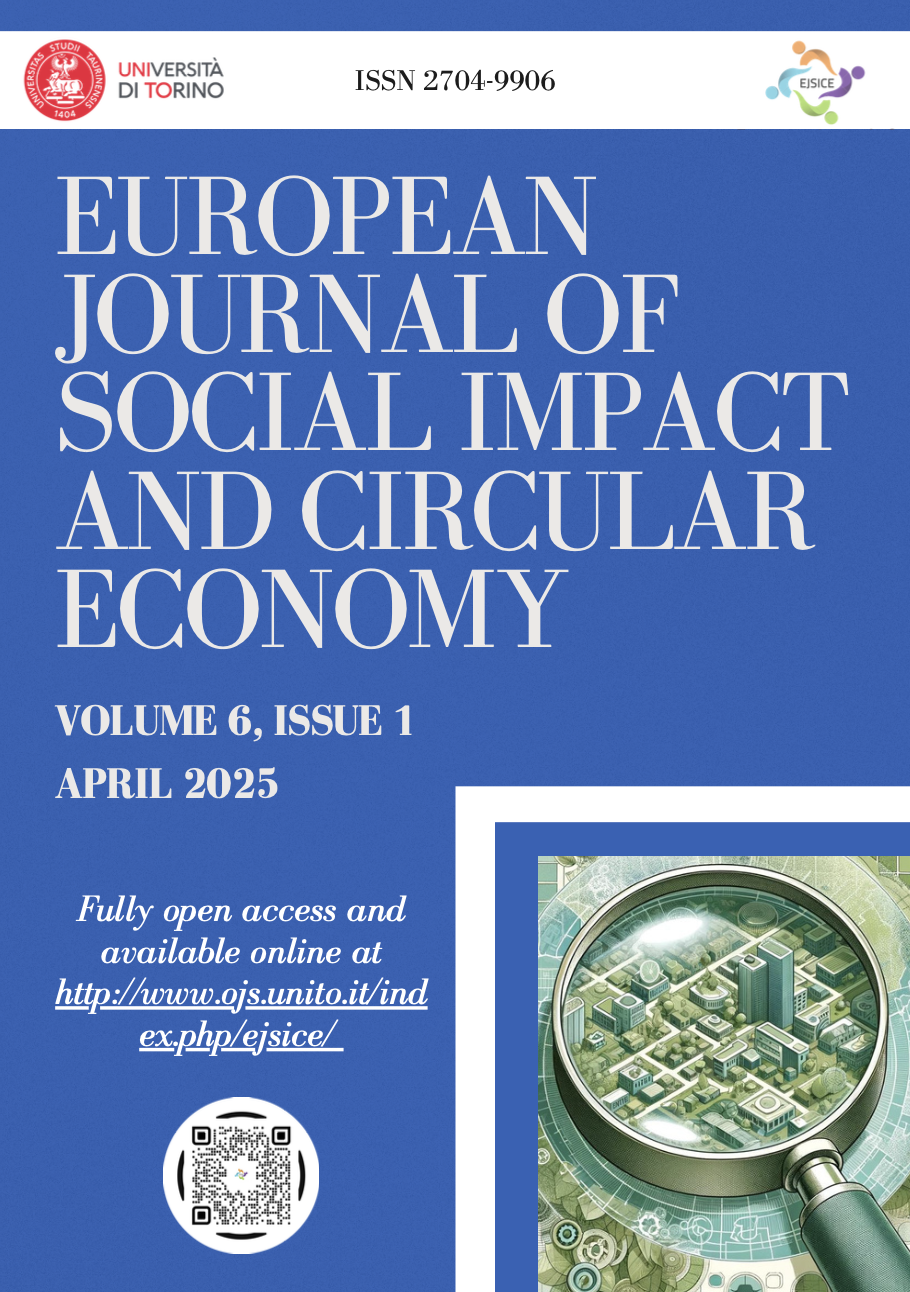
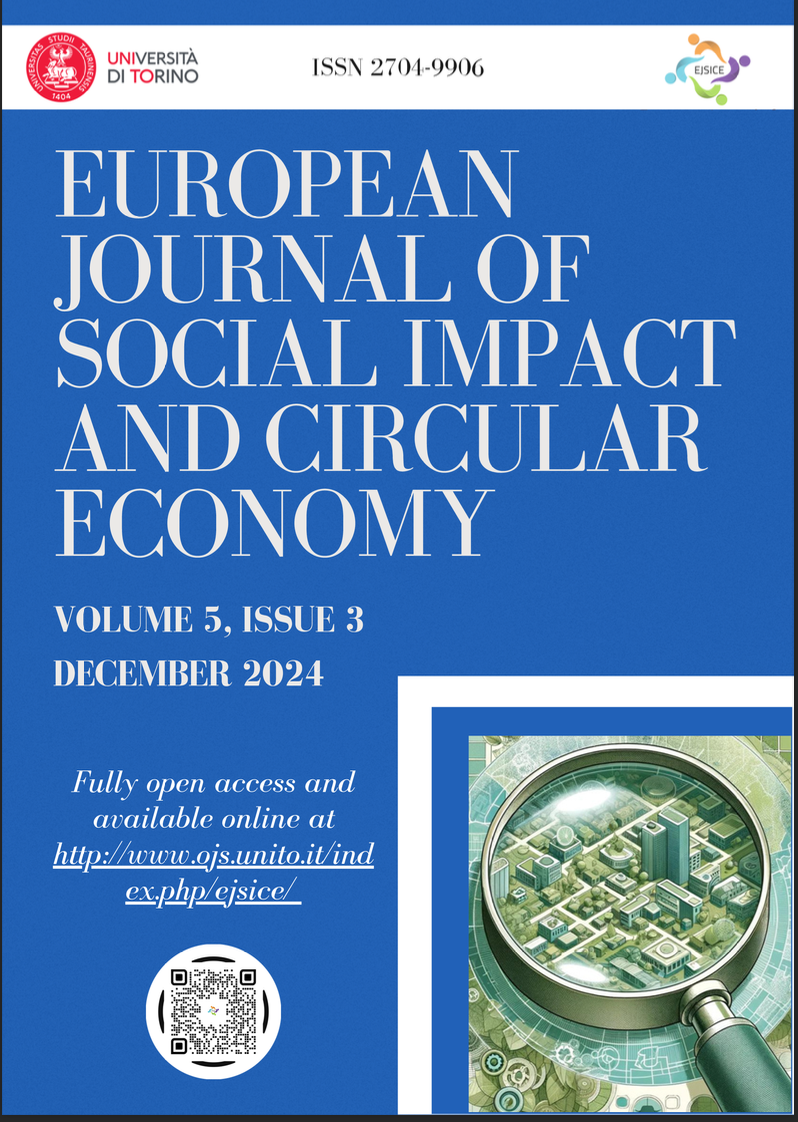
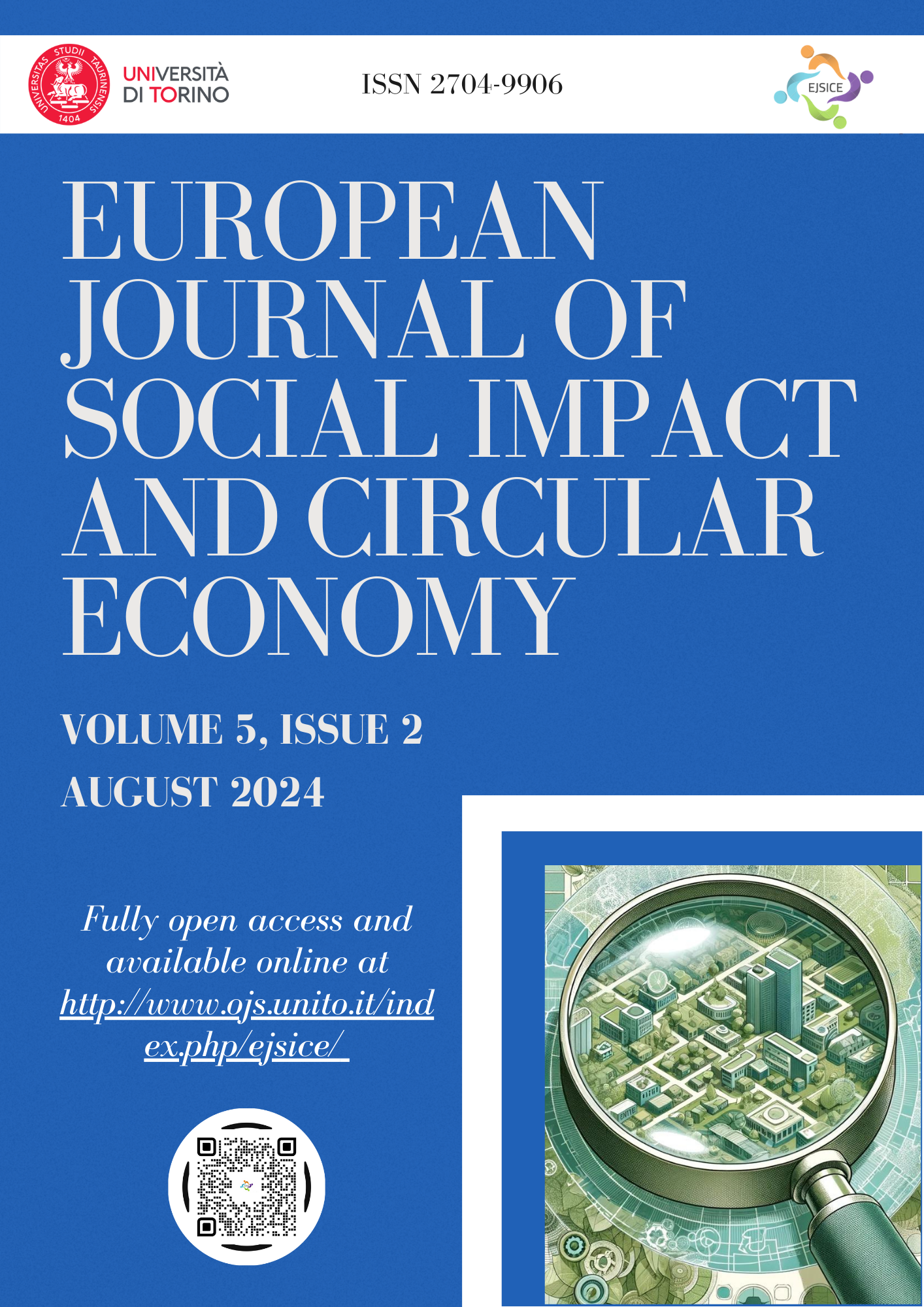
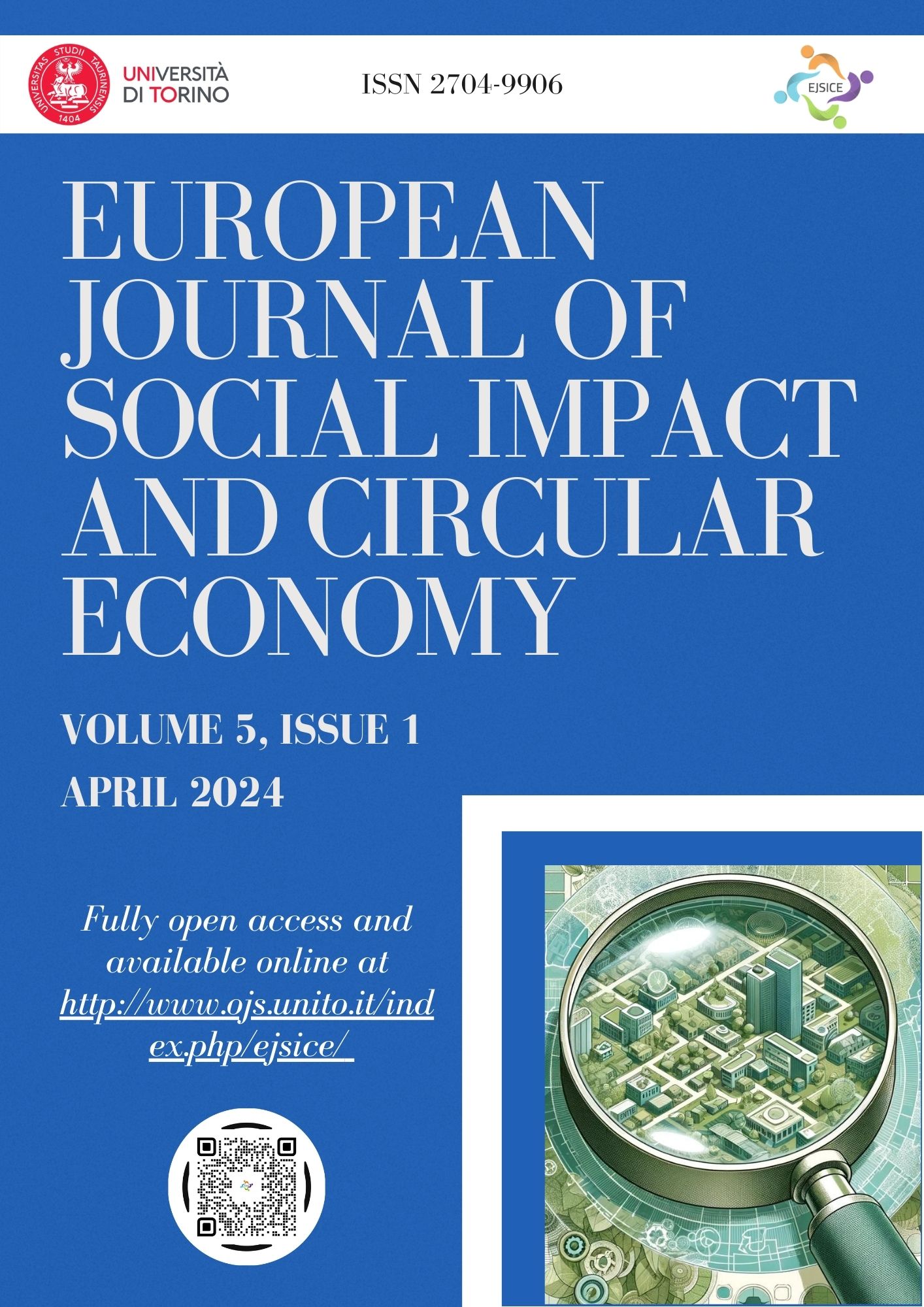
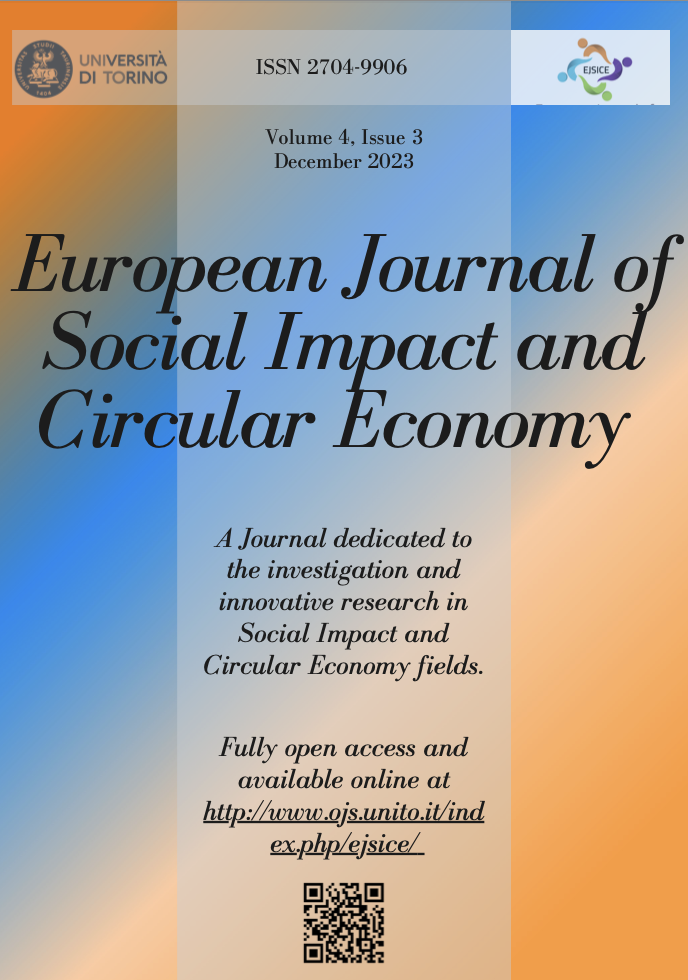
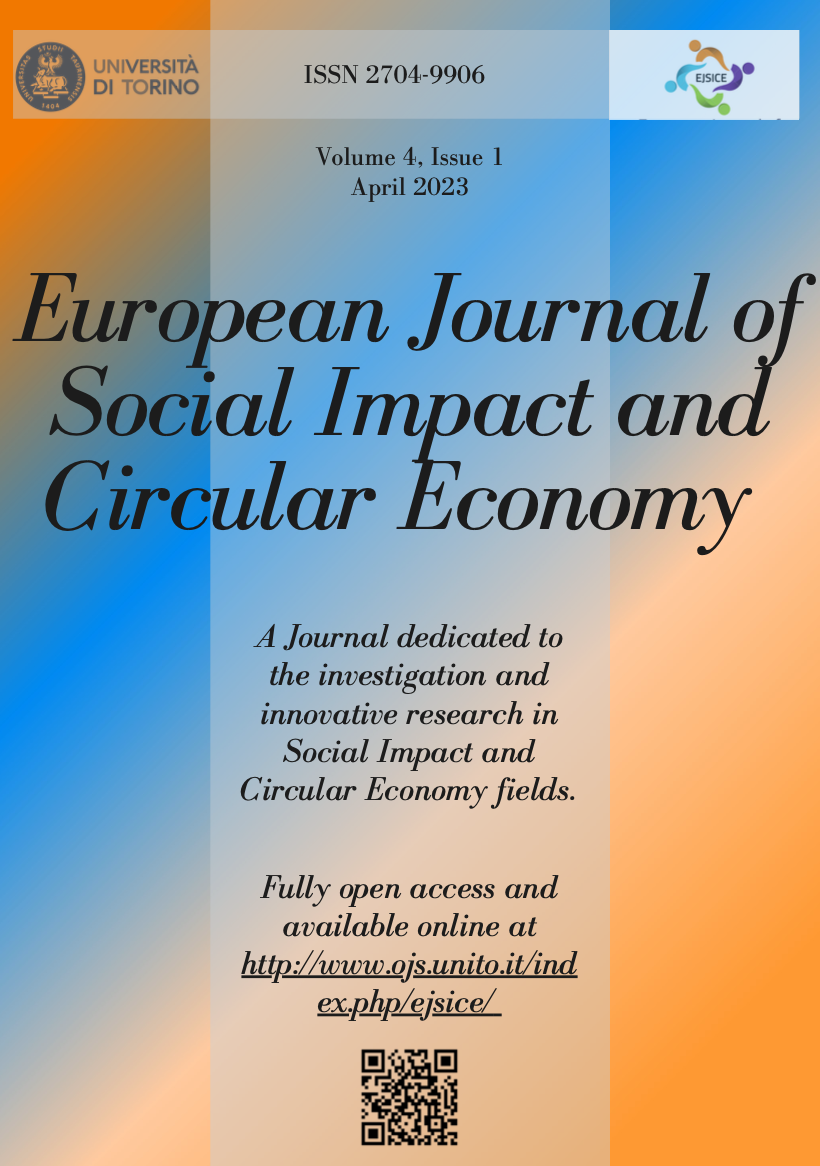
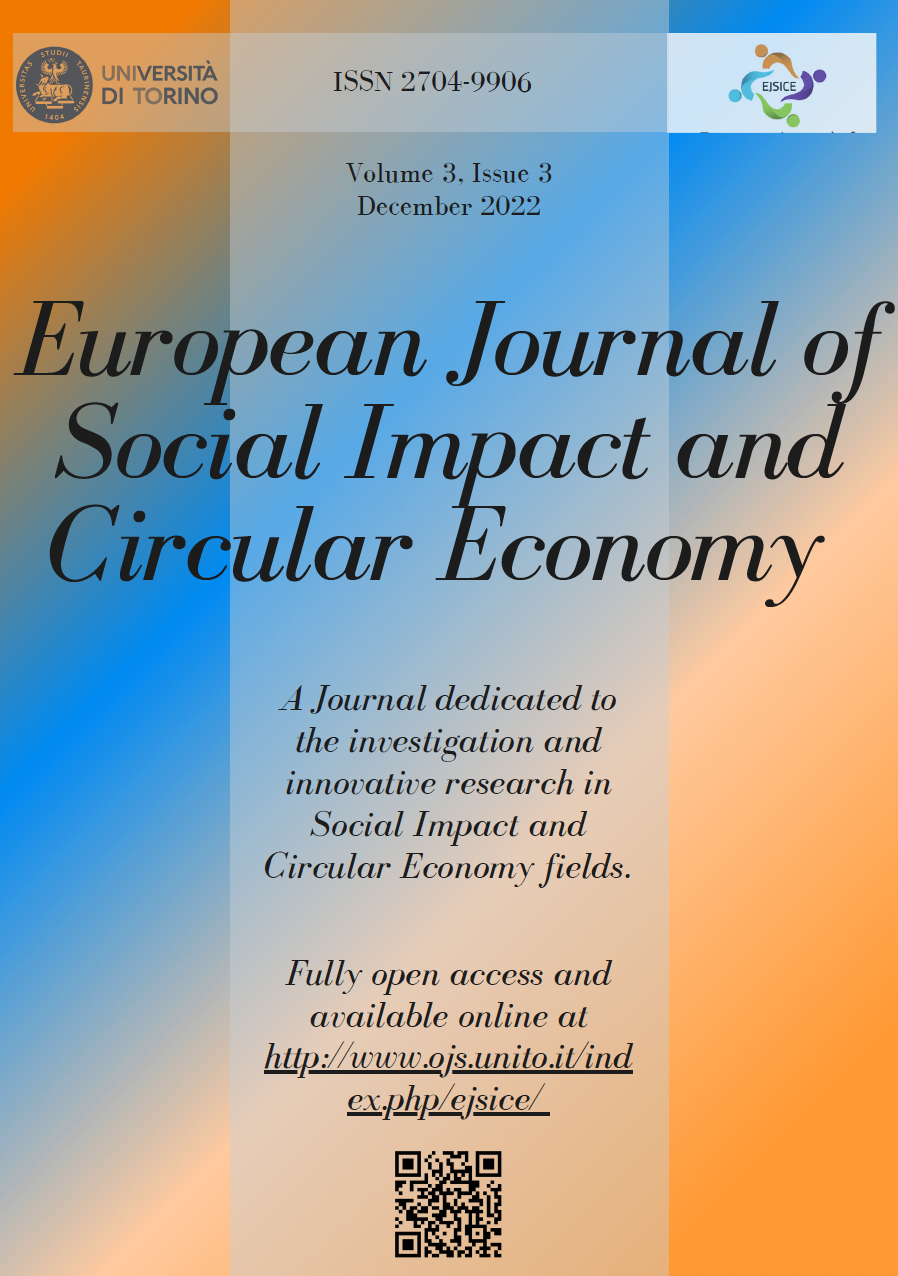
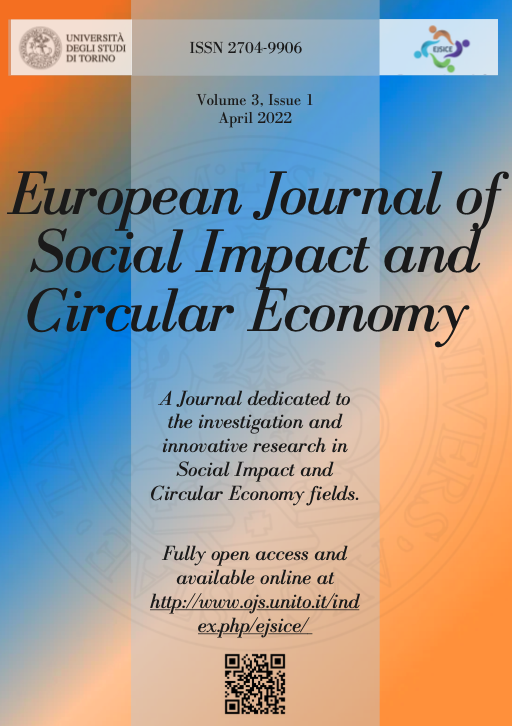
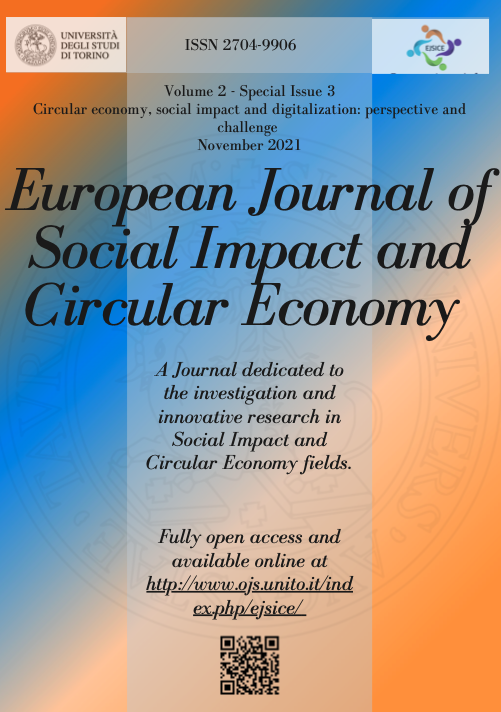
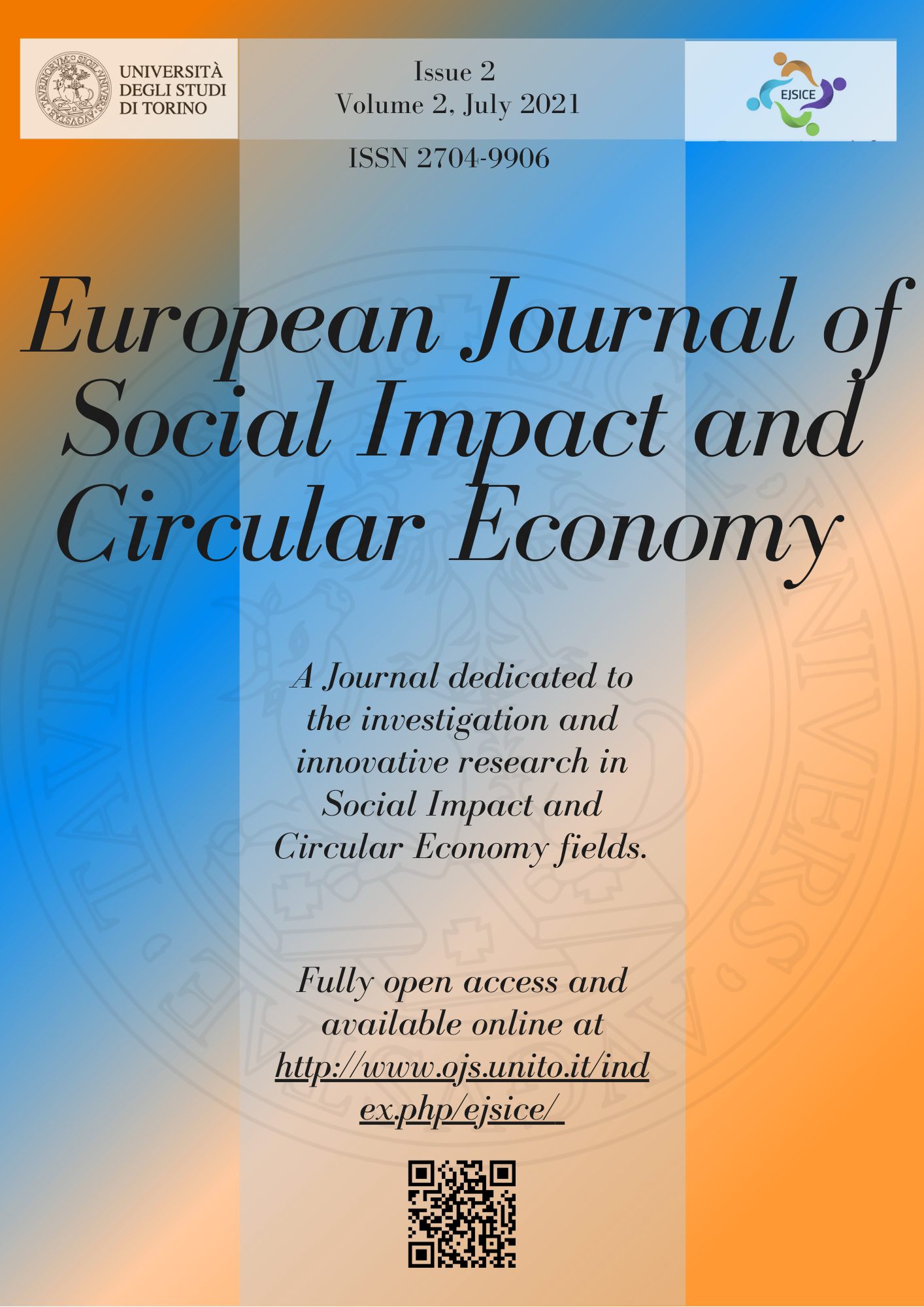
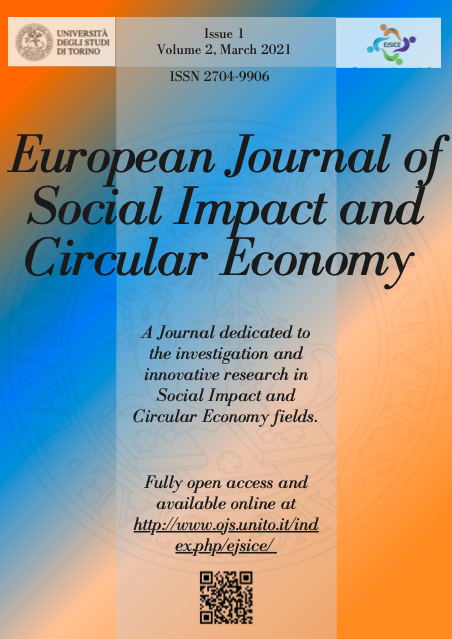
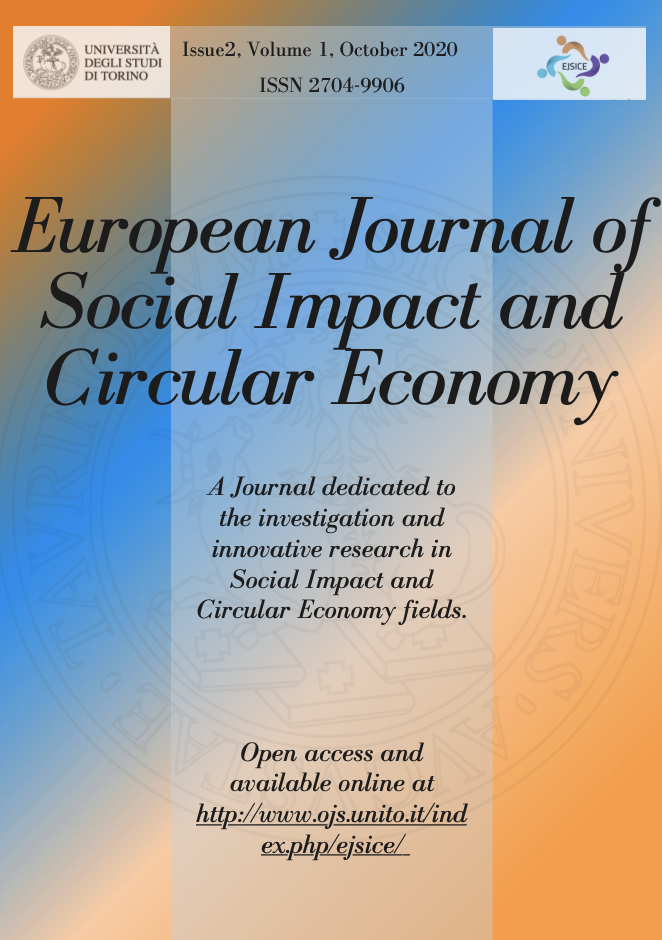

 EJSICE has been approved for inclusion in DOAJ. The DOAJ listing of the journal is available at
EJSICE has been approved for inclusion in DOAJ. The DOAJ listing of the journal is available at  EJSICE is a member of
EJSICE is a member of  EJSICE is indexed by
EJSICE is indexed by  EJSICE is listed in the ANVUR (Italian National Agency for the Evaluation of Universities and Research Institutes) as a scientific journal in AREA 13 - Economic and Statistical Sciences and AREA 14 - Political and Social Sciences.
EJSICE is listed in the ANVUR (Italian National Agency for the Evaluation of Universities and Research Institutes) as a scientific journal in AREA 13 - Economic and Statistical Sciences and AREA 14 - Political and Social Sciences. 

